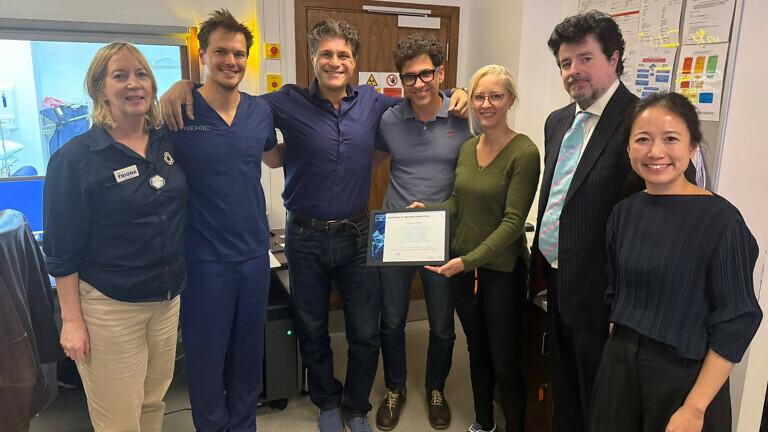A damning report from Healthcare Improvement Scotland has found a board buckling under pressure which is having an impact on patient safety.
An independent review of emergency departments within NHS Greater Glasgow and Clyde has found a system under pressure, where unacceptable practices such as patients waiting on trolleys in corridors, have become normalised.
The Healthcare Improvement Scotland report concludes that relationships need to be repaired between various groups of staff, supported by leadership. The poor relationships highlighted in the review are impeding the NHS board’s ability to address the problems and are particularly prominent within the Queen Elizabeth University Hospital.
The other hospitals in the board are the Royal Alexandra Hospital and the Glasgow Royal Infirmary.
The report from Scotland’s health and care improvement agency finds that a culture of “disrespectful behaviours, poor teamwork and incivility” is having a negative impact on staff morale and wellbeing, and it is likely having a detrimental impact on patient care.
“NHS Greater Glasgow and Clyde needs to take a whole system approach across urgent and unscheduled care. This strategy needs to start with everyone working collaboratively and respectfully to address the issues before them,” said Pamela Johnston, co-chair of NHS Greater Glasgow and Clyde Emergency Department.
Unacceptable normalisation
The review focused on three key areas: patient experience, quality of care and patient safety, and leadership and culture. It makes 30 recommendations for NHS Greater Glasgow and Clyde, but the findings, it says, also have national implications with a further 11 recommendations for Scottish government and national agencies.
The review found crowding and poor patient flow in the emergency departments across NHS Greater Glasgow and Clyde; a lack of a co-ordinated strategy for improving patient flow within the whole system of health and social care. This has led to an “unacceptable normalisation” of care in non-standard bed areas (such as in emergency department corridors and other ward spaces) in Glasgow Royal Infirmary and the Royal Alexandra Hospital and ambulance stacking at the Queen Elizabeth University Hospital as a solution for emergency department crowding.
Serious concerns were raised by staff about insufficient management support to frontline staff as well as senior leadership not visibly and actively engaged in addressing the serious challenges in emergency departments.
Overall, the report says that there is a lack of compassionate, respectful and positive leadership at all levels of the organisation, especially in responding to concerns raised by staff.



